
Bach – Concerto for 4 Harpsichords & Orchestra in A minor
Johann Sebastian Bach – Concerto for 4 Harpsichords & Orchestra in A minor Johann Sebastian Bach (31 March [O.S. 21 March] 1685 – 28 July 1750)[…]

Holst – I Vow Thee My Country
Gustav Holst – I Vow Thee My Country “I Vow to Thee, My Country” is a British patriotic hymn,[1] created in 1921, when a poem by[…]

Handel – Concerto Grosso A minor No. 4 Op. 6
Georg Friedrich Händel – Concerto Grosso A minor No. 4 Op. 6 George Frideric (or Frederick) Handel (23 February 1685 (O.S.) [(N.S.) 5 March] – 14[…]
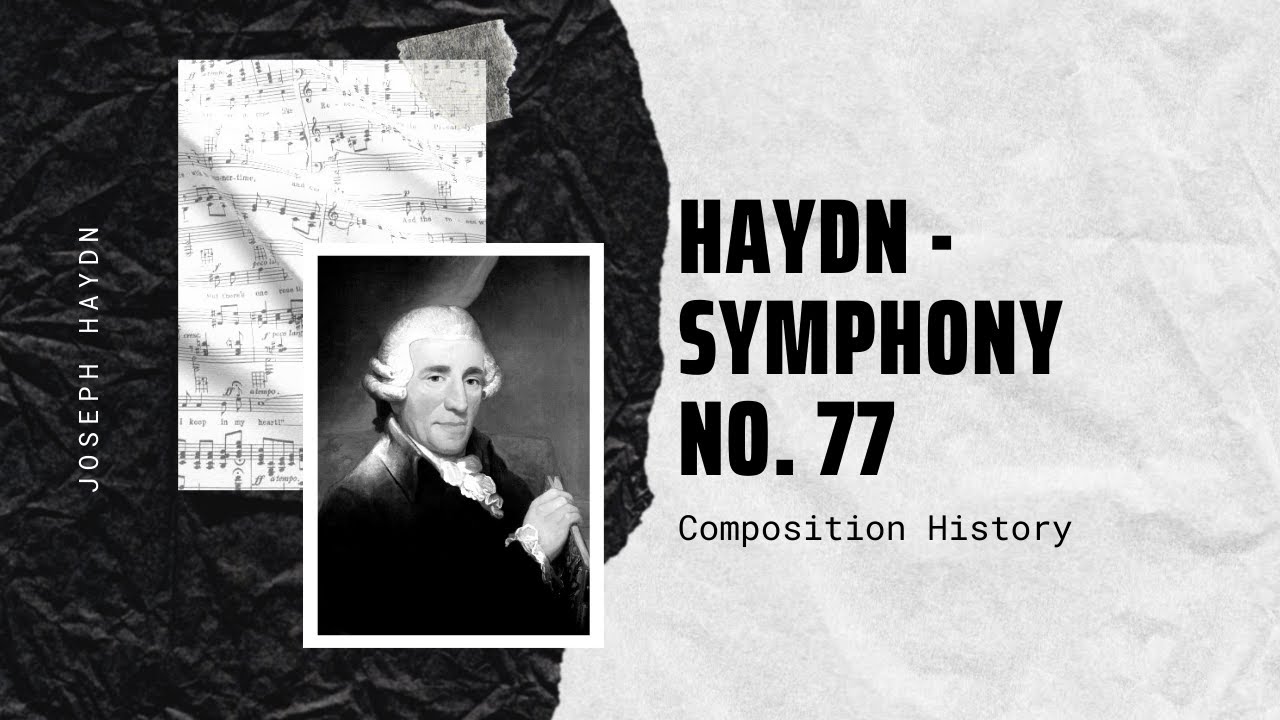
Haydn – Symphony No. 77 in B flat major
Joseph Haydn – Symphony No. 77 in B flat major Symphony No. 77 in B♭ major, Hoboken I/77, is a symphony by Joseph Haydn completed in[…]
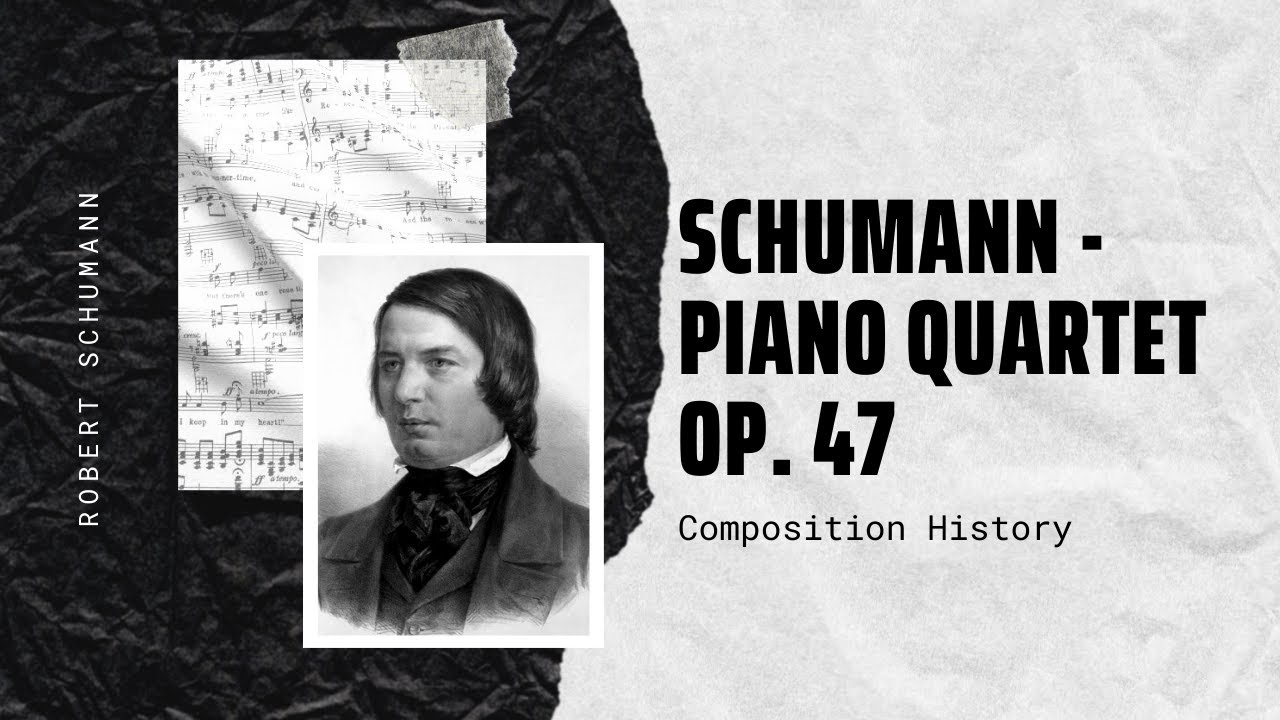
Robert Schumann – Piano Quartet Op. 47
Robert Schumann – Piano Quartet Op. 47 The Piano Quartet in E flat major, Op. 47, by Robert Schumann was written in 1842. It has been[…]
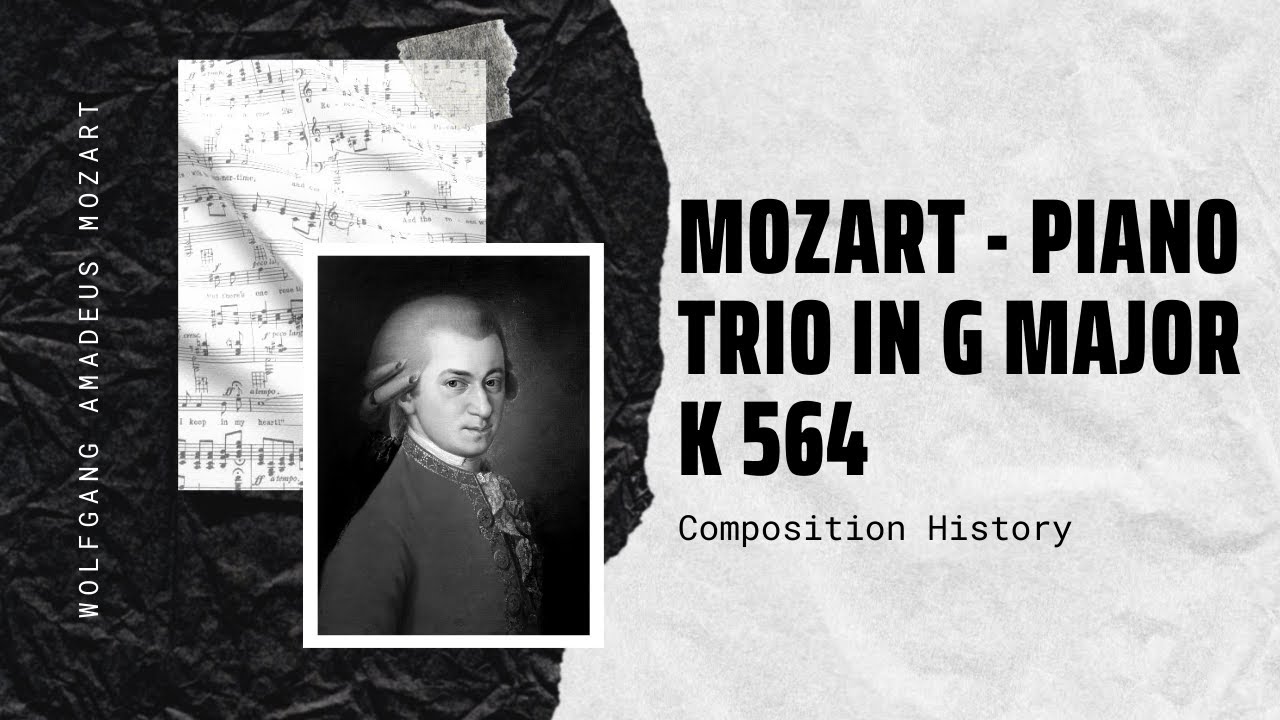
Mozart – Piano Trio in G major K 564
Wolfgang Amadeus Mozart – Piano Trio in G major K 564 Wolfgang Amadeus Mozart (27 January 1756 – 5 December 1791), baptised as Johannes Chrysostomus Wolfgangus[…]
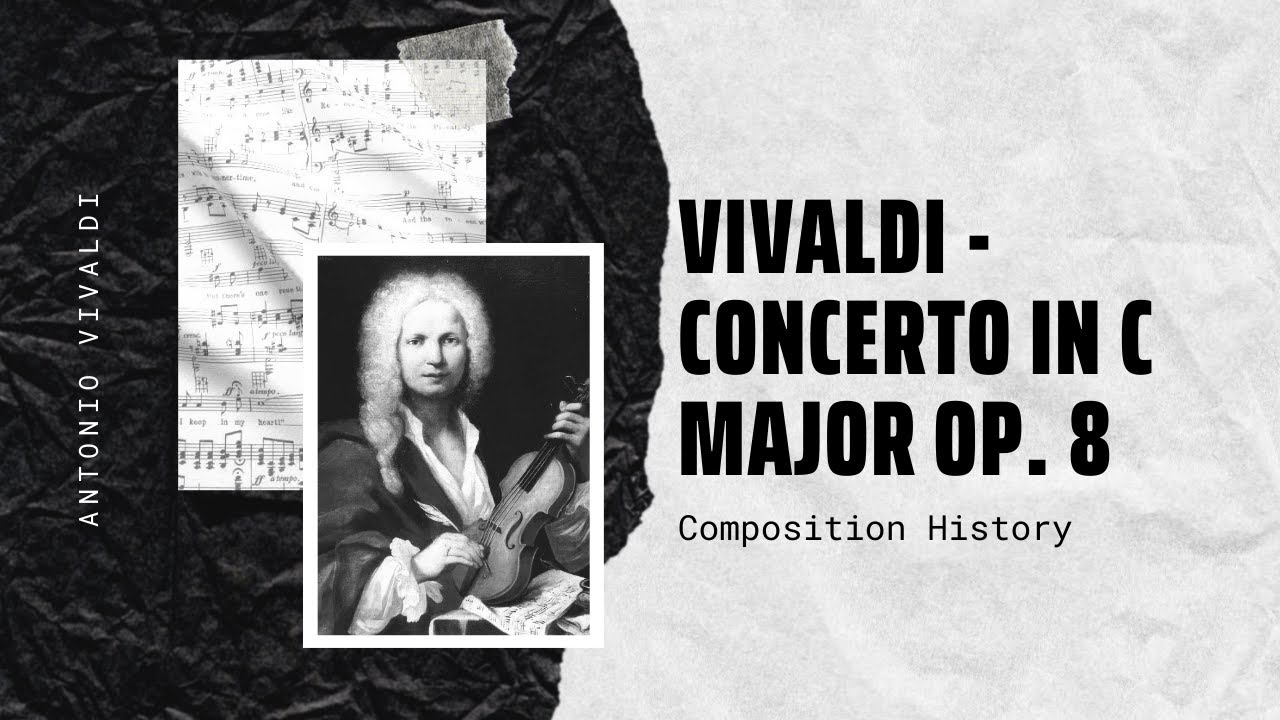
Vivaldi – Concerto in C major Op. 8 No. 12
Antonio Vivaldi – Concerto in C major Op. 8 No. 12 Antonio Lucio Vivaldi (4 March 1678 – 28 July 1741) was an Italian Baroque musical[…]
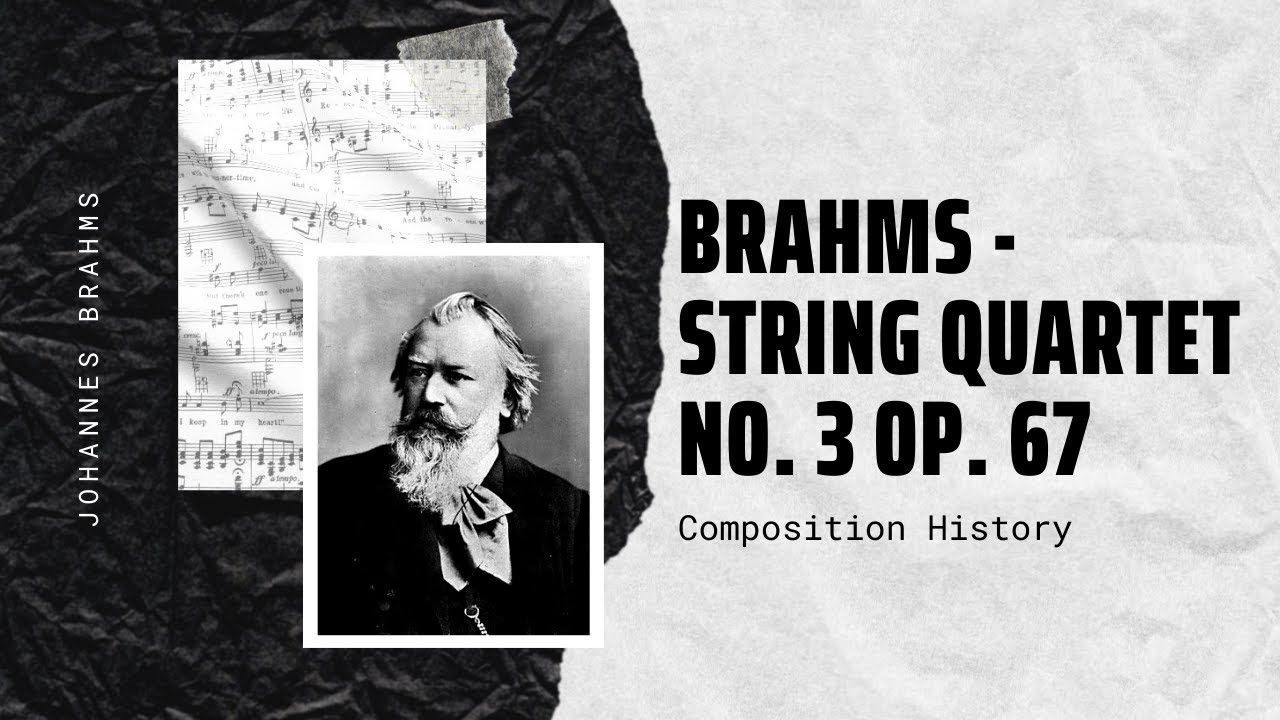
Brahms – String Quartet No. 3 Op. 67
Johannes Brahms – String Quartet No. 3 Op. 67 The String Quartet No. 3 in B♭ major, Op. 67, was composed by Johannes Brahms in the[…]

Tchaikovsky – Waltz in F sharp No. 9 from Op. 40
Piotr Ilitch Tchaikovsky – Waltz in F sharp No. 9 from Op. 40 Pyotr Ilyich Tchaikovsky (7 May [O.S. 25 April] 1840 – 6 November[…]

Chopin – Mazurka in A minor Op. 68
Frédéric François Chopin (1 March 1810 – 17 October 1849) was a Polish composer and virtuoso pianist of the Romantic era who wrote primarily for[…]